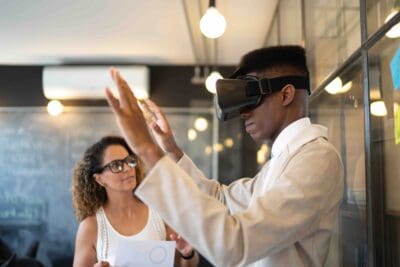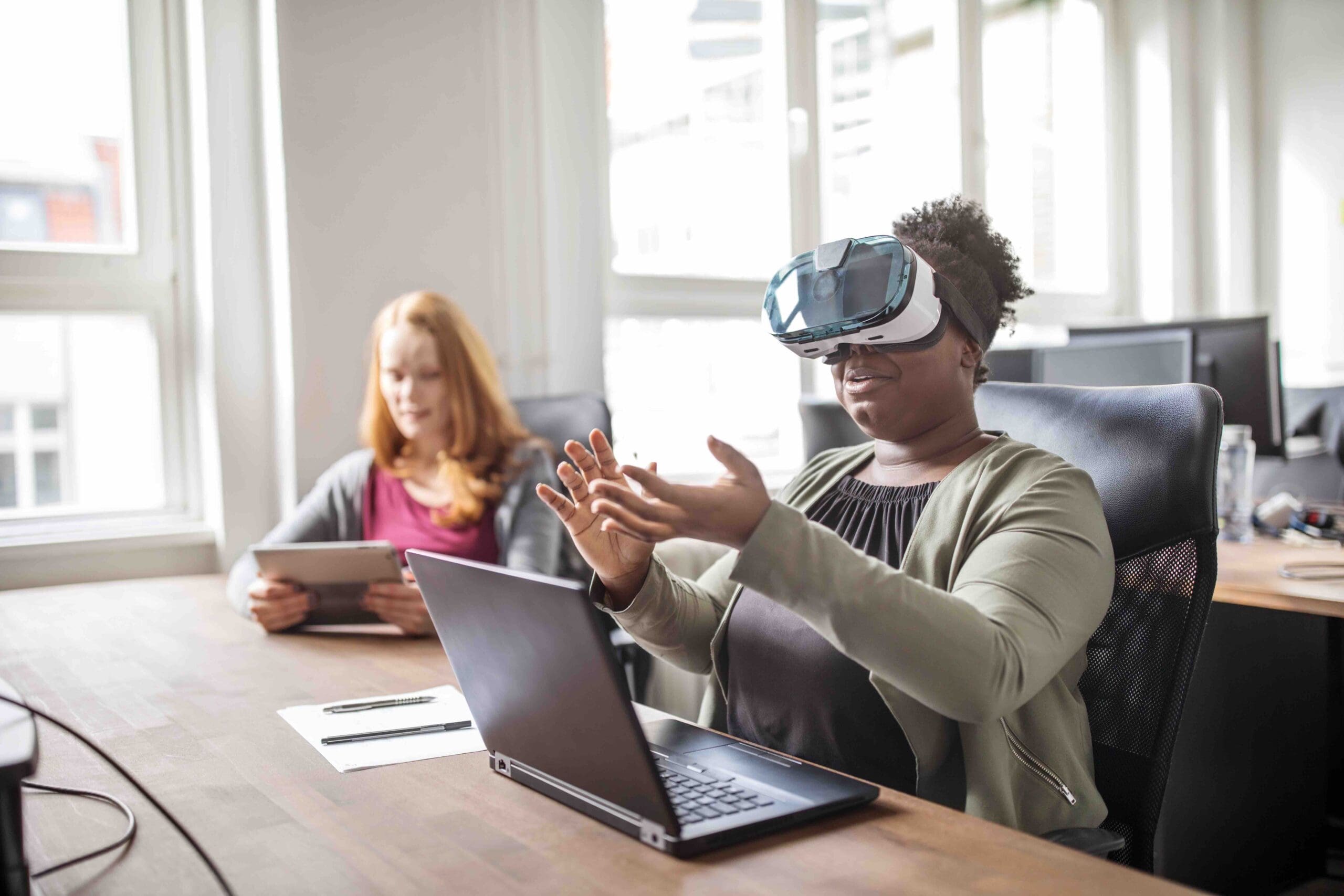The COVID-19 pandemic reinforced the fact that the digital divide is a major barrier to economic mobility. This was evident during the Grand Challenge as well. Many jobseekers did not have easy access to the tools and technologies necessary for remote learning, including computers, smartphones, and reliable high-speed internet service. However, workforce boards were able to leverage existing partnerships and funding streams to mitigate these barriers for learners. Masshire, for example, was able to tap into the Massachusetts Executive Office of Labor and Workforce Development’s Mass Internet Connect program to provide free Chromebooks and Wi-Fi hotspots to jobseekers.
Technical support issues can occur even with the most user-friendly technologies. Some of MassHire’s jobseekers were unfamiliar with virtual learning environments, and they turned to MassHire, a trusted resource in the community, for support when they had difficulty logging in to and navigating HireMee’s training platform. However, when MassHire and its partners were planning the pilot, they hadn’t considered the possibility that the workforce board would receive as many requests for support as it did. The support requests initially placed a significant burden on MassHire, but staff were eventually able to provide the support users needed as they became more familiar with the platform and its functionality.
The emergence of new job training technologies affects not just jobseekers, but employers as well. In order to maintain a highly-skilled, competitive workforce, companies and talent managers must stay abreast of changes in the training models. In Dallas, health care employers were skeptical of VR-based training and expressed concern that the technicians enrolled in the new WFSDallas device sterilization training program would not be participating in in-person clinical classes. To help them overcome their concerns, Workforce Solutions Greater Dallas hosted an employer roundtable to demonstrate VITAL’s VR training technology to hiring managers. The event succeeded in alleviating apprehensions about hiring graduates of the program.
Digital training technologies can help workforce boards deliver low-cost, high-quality training at scale. But they are not silver bullets. As shown through the Future of Work Grand Challenge, successful deployment of cutting-edge, digital tools requires meaningful engagement among multiple stakeholders, knowledgeable users with access to the equipment and tools necessary to operate the technology, and professional development and training for those implementing the solutions. As the depth and breadth of technologies grows, and as the number of training providers who use the latest tools continues to increase, future-focused workforce boards must find ways to effectively manage their portfolios of offerings while ensuring that their frontline staff and partners remain aware of how these technologies are affecting the labor market.














